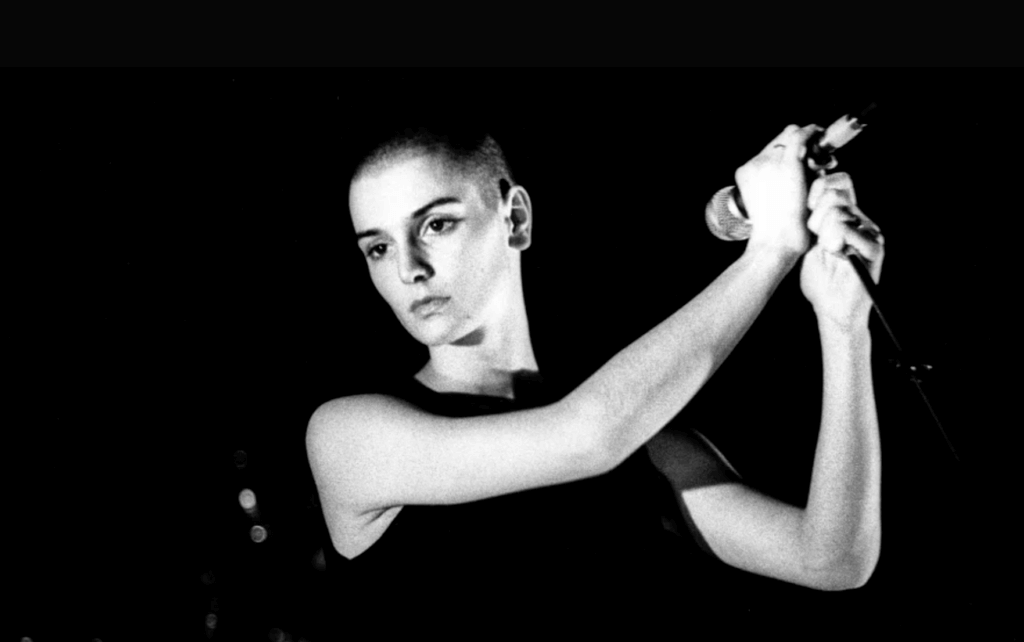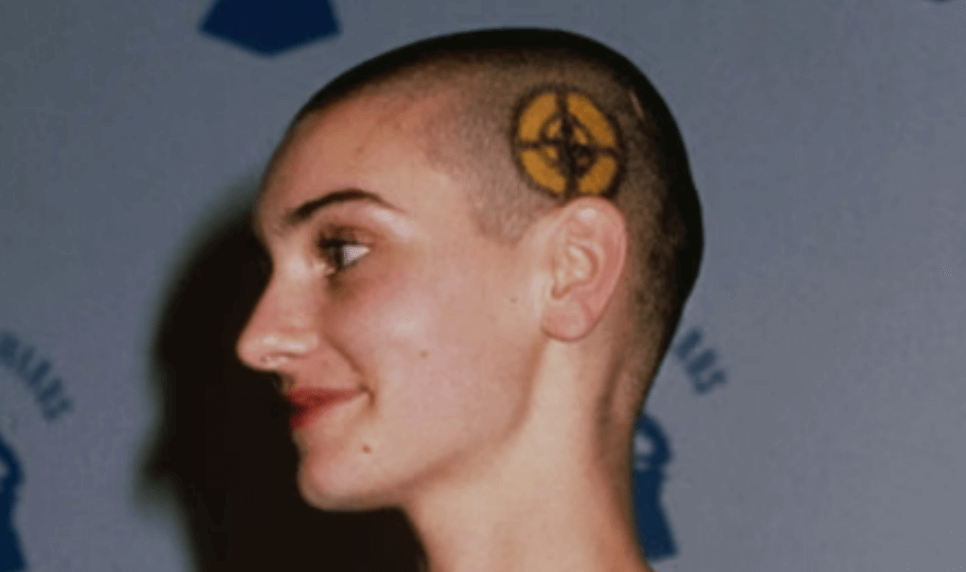
It’s been two years since the death of Sinéad O’Connor, and the grief still feels as fresh as her voice once sounded, wailing, defiant, seismic. They called her difficult, because they couldn’t call her disposable. They called her mad, because she refused to be mute. But O’Connor was always the realest thing in the room, and she stayed real not just for herself, but for others. And here’s the bit that too few still talk about, Sinéad O’Connor platformed hip hop before it was fashionable, before white artists were clambering to “collab” for streaming figures. She did it because she believed in its power, its rage, and its righteousness. She did it because it told the truth.
Back in 1991, while the rest of the industry was still clutching its pearls at the “language” and “violence” of rap, O’Connor took one look at the Grammys and said, nah. She refused her award for Best Alternative Album, not because she thought herself above the accolade, but because hip hop was being kept beneath it. She called out the Recording Academy’s wilful exclusion of hip hop from televised broadcast, because in the 90s, rap wasn’t worthy of prime time. Sinéad didn’t just name the injustice, she acted on it.
And in true O’Connor fashion, she didn’t stop at protest by absence. At the 1990 ceremony, one year earlier, she showed up with the Public Enemy logo spray painted on the side of her head. It was less an accessory than an exorcism, a deliberate, visible, confrontational act of solidarity with Chuck D and his crew, who were being iced out of the show. When the system said hip hop didn’t belong, Sinéad O’Connor said, it belongs on my body.

This was no performative allyship. It was radical, rooted, and real. Sinéad saw hip hop for what it was, a street level journalism, a form of protest poetry, a mode of spiritual warfare. She shared that same compulsion, to speak truth, even if her voice shook or her career cracked under the pressure.
And yes, she worked with MC Lyte, another woman who carried the weight of her convictions into bars and beats. On the track “I Want Your (Hands on Me),” Lyte’s verses slice through O’Connor’s smoky, soulful sensuality with bars that bring politics and pleasure together in one breath. It was one of those rare 80s moments when pop and hip hop met as equals, not commodities.
But to view Sinéad’s relationship with hip hop merely through the lens of collabs is to miss the deeper rhythm. Her entire ethos, fearless truth telling, resistance to whitewashed authority, rejection of corporate sheen, was hip hop to the core. She didn’t “borrow” from the genre, she breathed in its ethics.
What is hip hop, after all, if not a genre founded on calling out institutions, naming injustice, and refusing to play nice with power? So when O’Connor tore up the Pope’s photo on live TV in 1992, she wasn’t “melting down,” she was sampling truth. She was spitting bars in the only language white Catholic Ireland had never heard from a woman, total, unwavering defiance. She was pointing at the rot long before it became front page news. Her “fight the real enemy” was more than a soundbite, it was a manifesto.
She was punished, of course. Hip hop often is too. She was blacklisted, mocked, dismissed as a crank. Just like the culture she supported, she was rendered disposable by a mainstream that only wants rebellion when it comes with a catchy hook and a clothing line.
But the heads knew. The culture knew. Chuck D knew. MC Lyte knew. The rappers, the poets, the agitators, they saw her. They still do.
And maybe that’s the legacy we should sit with today, not the tragedy of her death, but the rightness of her life. Sinéad O’Connor was never here to entertain. She was here to awaken. She moved like hip hop, disruptive, divine, and deeply, irreversibly human.
So play her songs. Yes, of course. But also remember the woman who said “no” when it would have been easier to say “thank you.” The woman who wore protest on her scalp, who heard hip hop’s rebel yell and answered in kind.
In her silence, we still hear the beat.
Micky Roots
Latest posts by Micky Roots (see all)
- SINEAD O’CONNOR, THE REBEL HEART THAT BEAT IN HIP-HOP TIME — August 19, 2025
- TRUE TO THE GAME: WHY AMY TRUE IS THE ARTIST WE NEED — July 11, 2025
- REVIEW | GHETTS AT SOUTHBANK CENTRE, MASTERY IN MOTION — June 26, 2025
